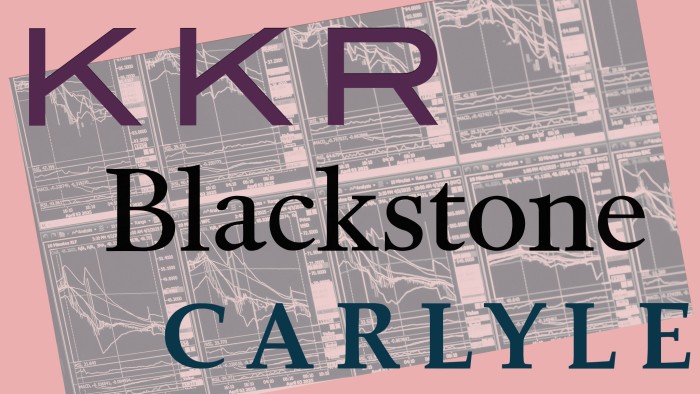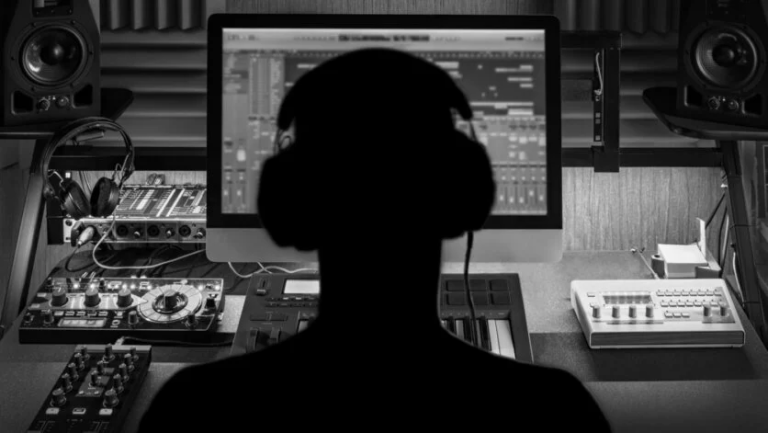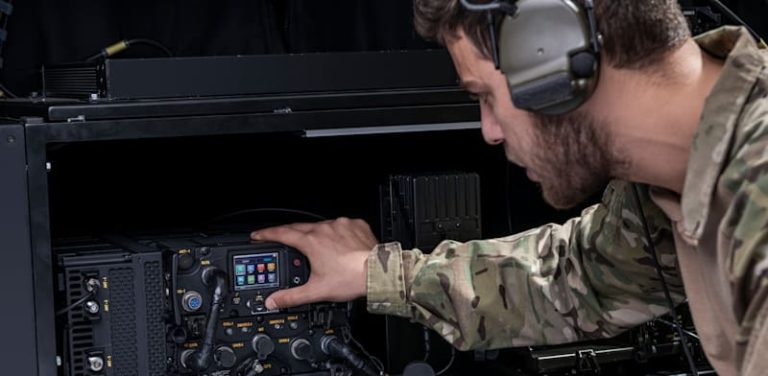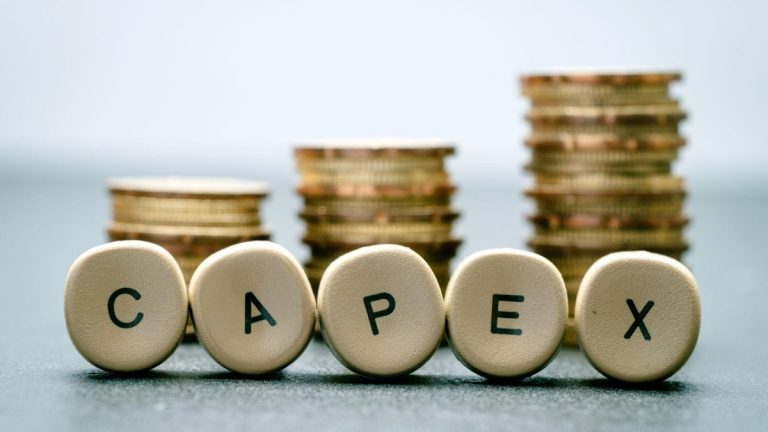
Keep knowledgeable with free updates
Merely signal as much as the Monetary providers myFT Digest — delivered on to your inbox.
Massive institutional traders are finding out choices to shed stakes in illiquid personal fairness funds after the rout in international monetary markets pummelled their portfolios, in line with high personal capital advisers.
The calls by pensions and endowments in search of methods to exit their investments, in all probability at reductions to their said worth, is a foul signal for the $4tn buyout trade. Business giants akin to Blackstone, KKR and Carlyle all noticed their shares plunge by a couple of fifth in worth this week.
The race to search out liquidity indicators that traders in personal fairness funds more and more count on to obtain few money income from their holdings this 12 months and will face liquidity pressures that trigger them to additional retrench from making new investments. Final 12 months, the personal fairness trade’s property dropped for the first time in many years, in line with Bain & Co, as fundraising plunged 23 per cent from 2023.
Executives had anticipated {that a} revival of dealmaking and preliminary public choices below US President Donald Trump’s administration would assist corporations return income to their traders, bolstering a spurt of recent funding exercise. However the other has occurred, leaving the personal fairness trade in one in every of its most weak states ever.
The stresses within the trade are drawing parallels to the onset of the 2008 monetary disaster, or the early days of the coronavirus pandemic.
“The quantity of calls I’ve obtained from restricted companions in search of liquidity up to now few days is probably the most for the reason that first days of Covid,” mentioned Matthew Swain, head of personal capital at Houlihan Lokey. “Folks have been banking on IPOs to fulfill their liquidity wants and now want to lift money simply to fulfill capital calls.”
Many massive traders in personal fairness funds entered the 12 months with report ranges of publicity to unlisted property. Whereas the exposures typically stretched past traders’ threat limits and even led to a wave of borrowing by many establishments, that they had wager the scenario was manageable and could be rapidly resolved by a revival of dealmaking.
Now, after international inventory markets dropped by trillions in worth, these establishments face a double hit.
Dealmaking and IPO exercise has floor to a halt, minimising money returns. Furthermore, pensions’ publicity to unlisted property swelled this week because the plunge in public markets has created a “denominator impact”, through which personal market holdings which might be solely marked quarterly rise as a proportion of their total property, skewing desired allocations.
“If the general public market retains happening and down, the denominator impact will change into a problem once more,” mentioned Oren Gertner, a accomplice specialising in secondaries at legislation agency Sidley Austin.
Many massive traders are chatting with advisers and contemplating choices to promote their stakes in funds at reductions on second-hand markets, high trade bankers instructed the Monetary Instances.
“The denominator impact goes to imply lots of people are over-allocated,” mentioned one adviser, who forecast endowments could be the primary to contemplate new gross sales of property on second-hand markets.
“Everybody was hopeful the personal machine would restart. However now the strain could be very actual” mentioned one other adviser, referring to corporations’ skill to return money to traders.
Each advisers anticipated endowments, already dealing with monetary challenges from Trump’s threats to tax such portfolios and lower federal funding grants, could be the primary to dump property.
Sunaina Sinha Haldea, international head of personal capital advisory at Raymond James, anticipated an investor sell-off of fund stakes if public shares continued to fall, or didn’t recuperate by the top of the month.
Buyers that select to promote their stakes will face a brutal market, advisers warned.
The costs of second-hand personal fairness fund stakes, which had risen to almost 100 cents on the greenback in latest quarters, may fall to ranges beneath 80 cents on the greenback, they forecast.
“Most individuals don’t need to promote beneath 80 per cent of a fund’s web asset worth or much less, however this time might be completely different,” mentioned one high banker.





